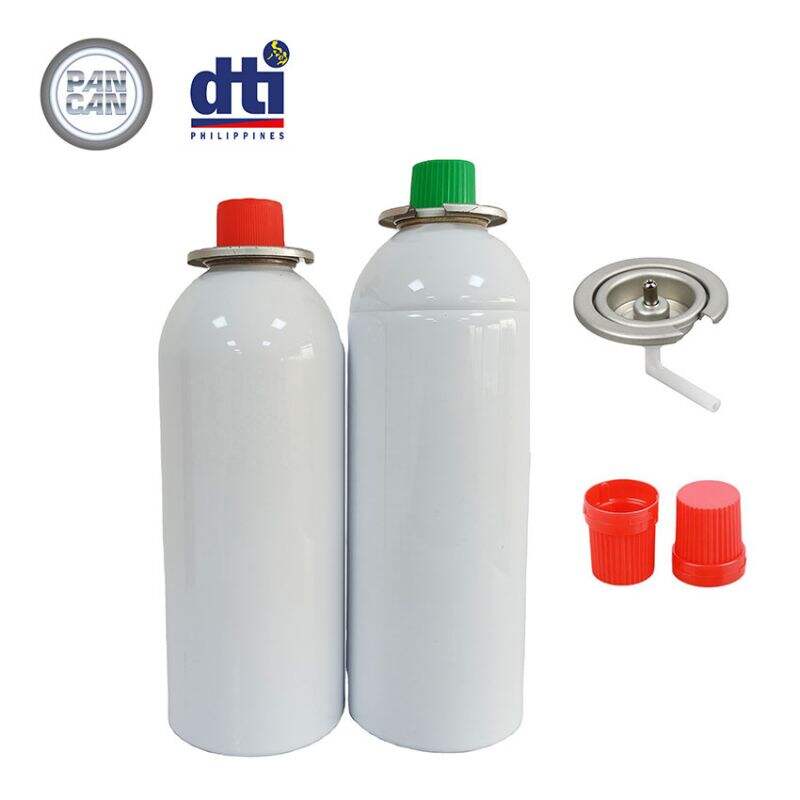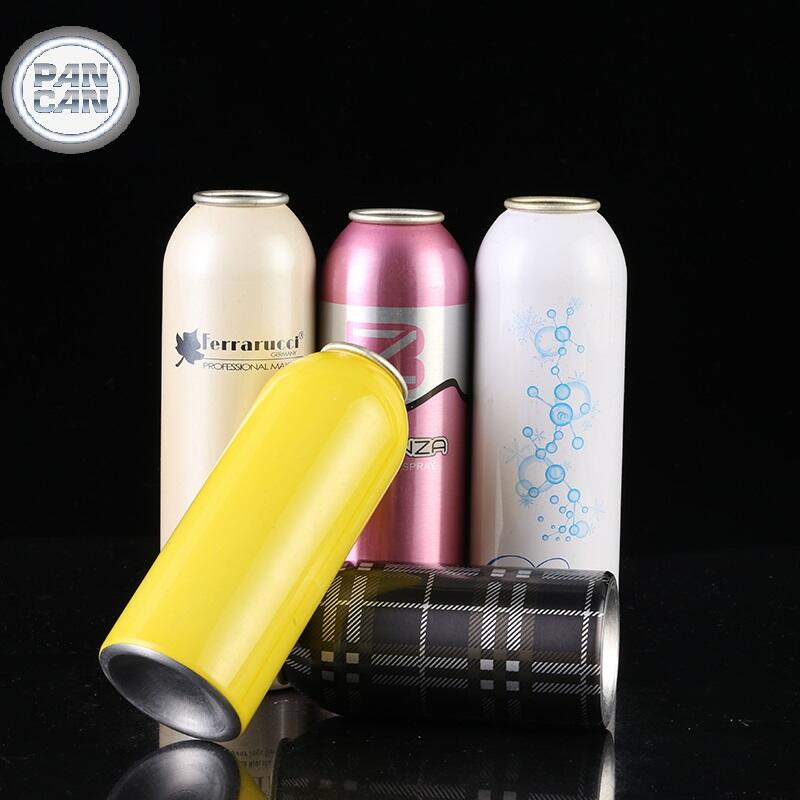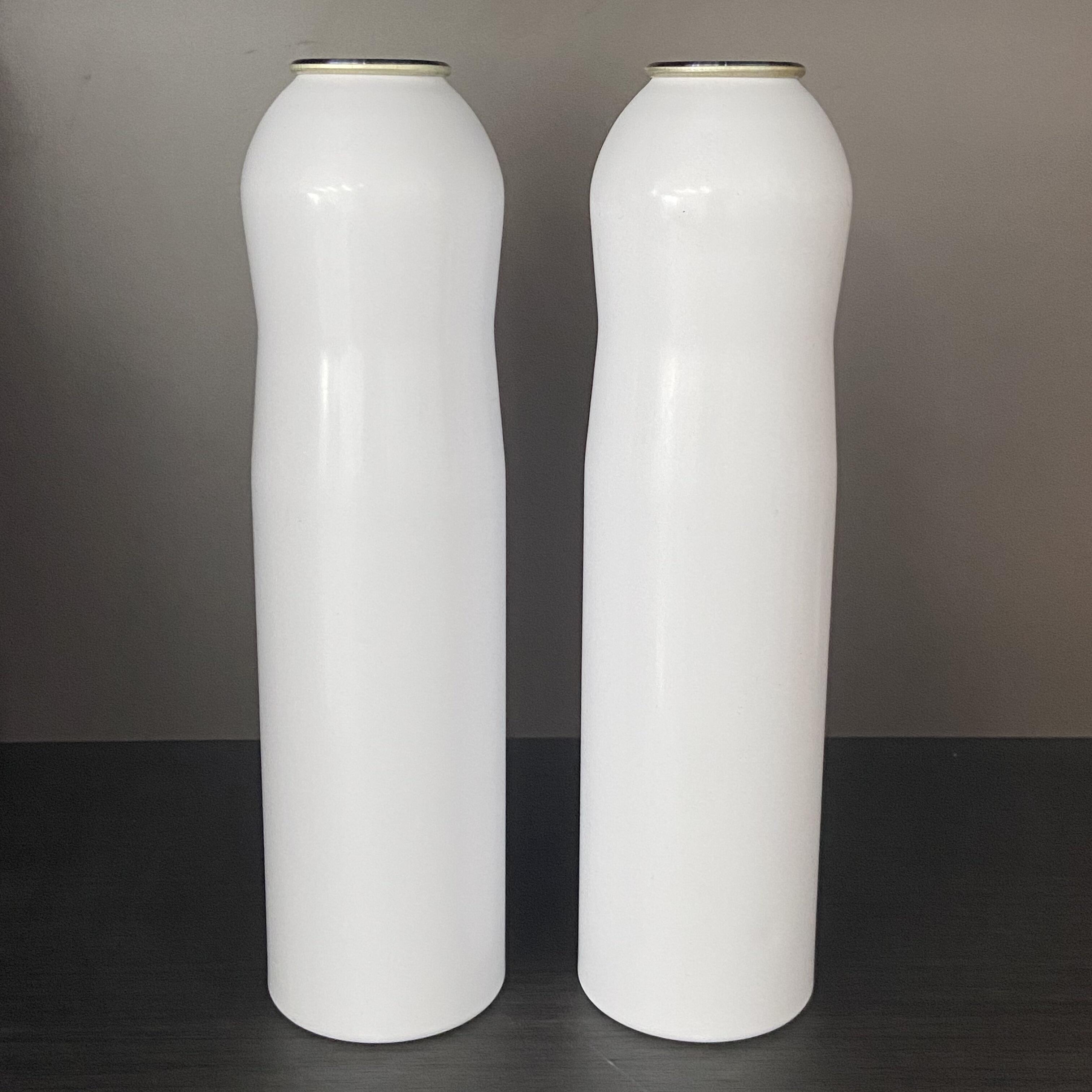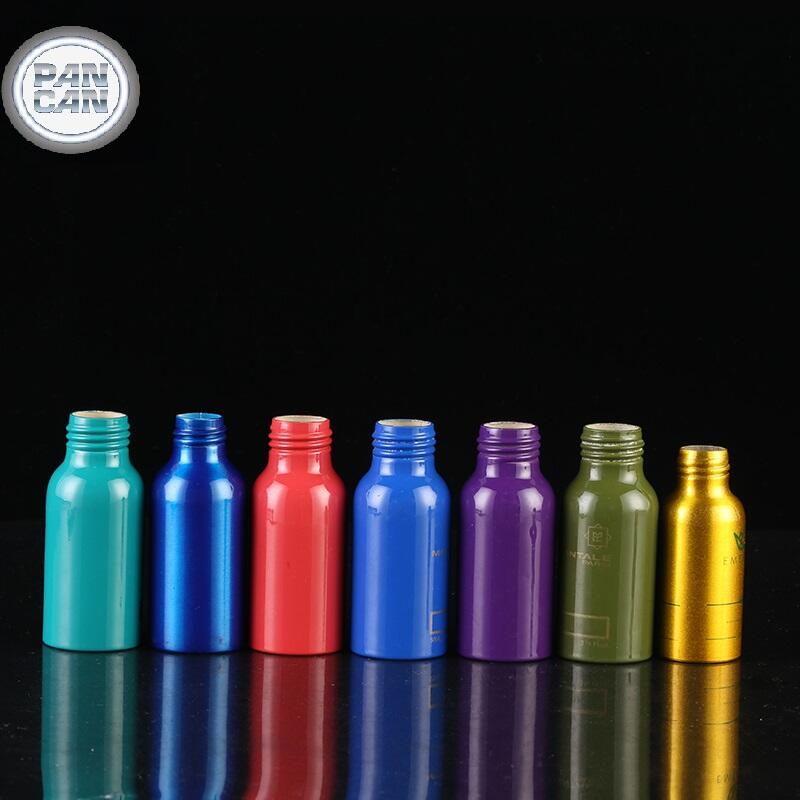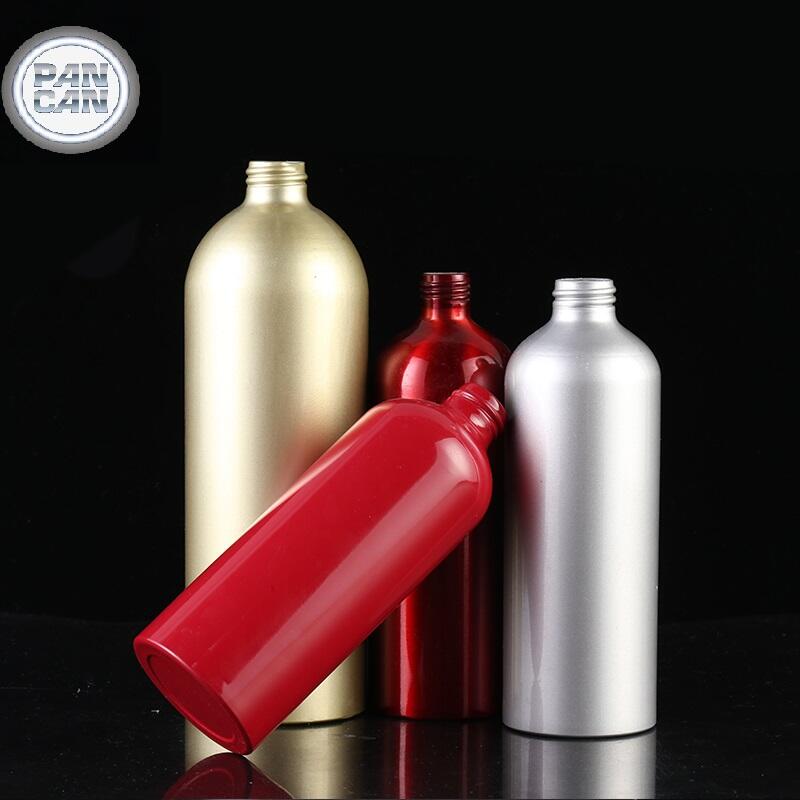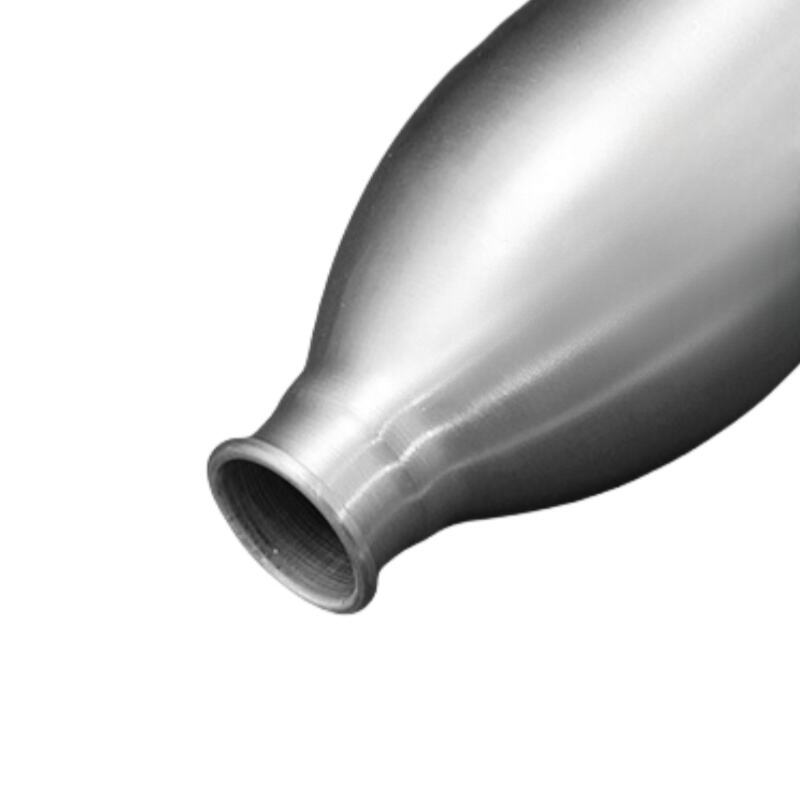Superior Strength and Impact Resistance
The aluminum bottle demonstrates remarkable mechanical properties that establish it as the premium choice for demanding applications where container integrity remains paramount. Advanced metallurgical engineering creates wall structures that distribute impact forces evenly across the surface, preventing catastrophic failure modes common in brittle materials like glass. The seamless construction eliminates weak points found in multi-piece assemblies, ensuring uniform strength distribution throughout the entire container body. Manufacturing processes utilize high-grade aluminum alloys specifically formulated for beverage container applications, incorporating elements that enhance ductility while maintaining structural rigidity under stress. The material composition provides exceptional resistance to fatigue failure, allowing repeated handling cycles without degradation in performance characteristics. Drop testing protocols demonstrate superior impact absorption capabilities, with aluminum bottles surviving falls from significant heights that would destroy alternative packaging materials. The cylindrical geometry optimizes stress distribution patterns, creating inherently stable structures that resist deformation under external pressures encountered during shipping and storage. Quality assurance procedures include burst pressure testing that exceeds normal operating conditions by substantial safety margins, ensuring reliable performance throughout product lifecycles. The robust construction enables reuse applications where containers undergo multiple filling cycles without compromising sealing capabilities or structural integrity. Industrial applications benefit from the aluminum bottle's ability to withstand harsh environmental conditions including temperature extremes, humidity variations, and chemical exposure that would compromise lesser materials. The impact resistance proves particularly valuable in outdoor recreational activities where equipment durability directly affects user safety and product reliability. Transportation advantages include reduced breakage rates that minimize product loss, cleanup costs, and safety hazards associated with container failure during distribution networks.




